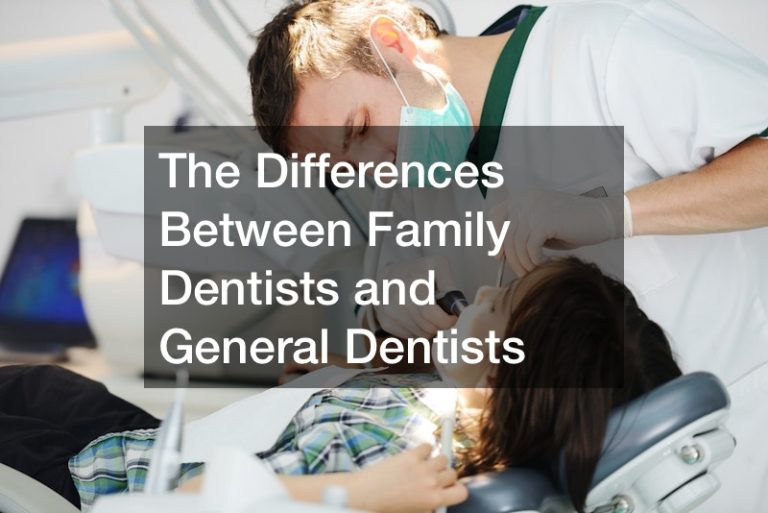The Differences Between Family Dentists and General Dentists

Family dentists and general dentists are both essential in providing dental care, but they differ in their scope of practice and patient focus. While general dentists offer a wide range of services, family dentists cater specifically to patients of all…

